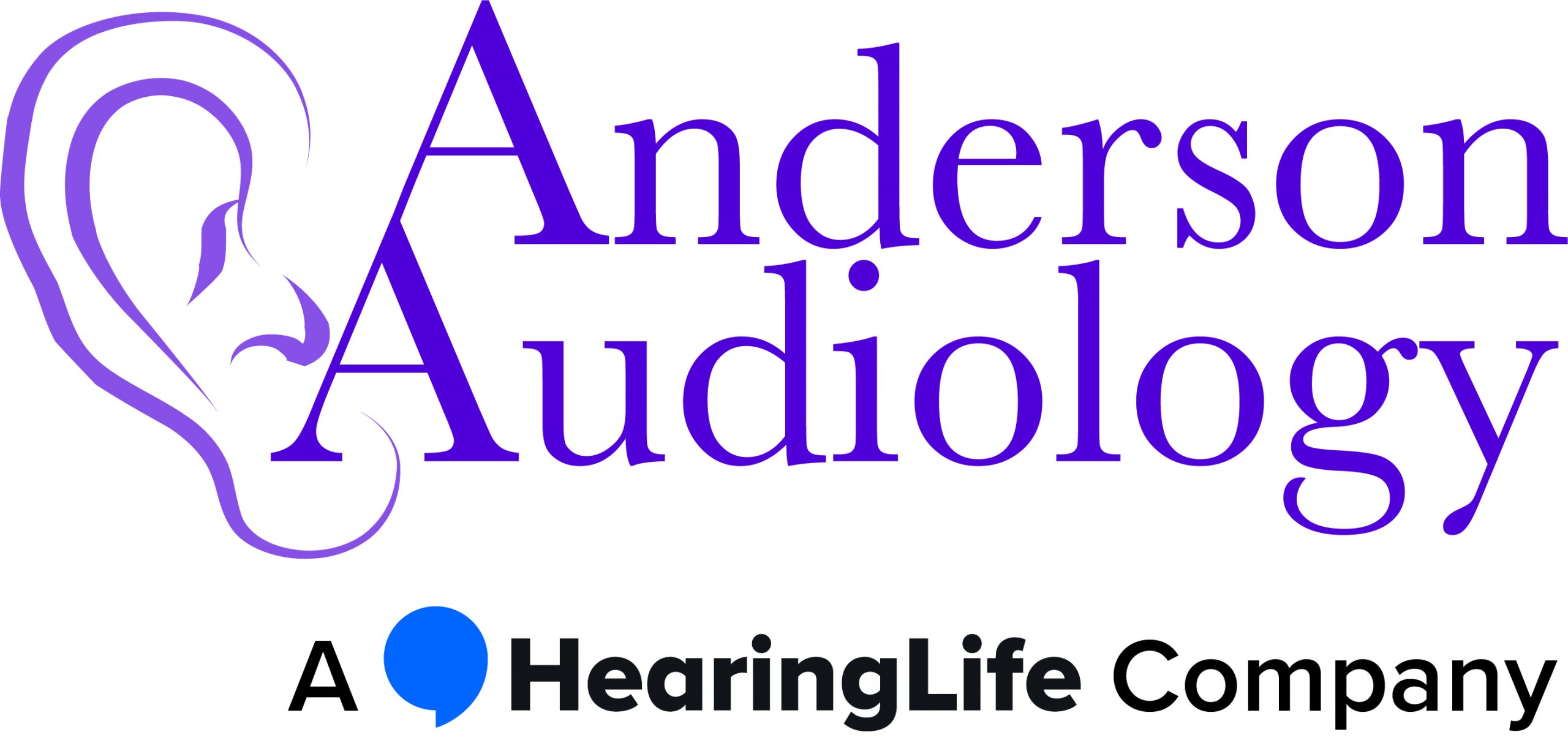Hearing Loss and Diabetes
In the United States, approximately 34.5 million people are affected by some degree of hearing loss, while approximately 30 million people have either type 1 or type 2 diabetes. These statistics make hearing loss and diabetes two of the most prevalent health concerns in America. Beyond the far-reaching implications of these kinds of numbers, there is also a growing amount of documented overlap between individuals with hearing loss and individuals with diabetes.
In a 2008 study published in the Annals of Internal Medicine, Kathleen Bainbridge, Ph.D., an epidemiologist at the National Institute on Deafness and Other Communication Disorders, drew a number of conclusions from national survey data, one of which was that hearing loss is more than twice as common in people with diabetes than it is in people without any form of diabetes. The data showed that 21% of those surveyed exhibited both hearing loss and diabetes, compared to 9% of those surveyed who had some form of hearing impairment but no diabetes. In addition, out of the 86 million adults in the United States who have prediabetes, the rate of hearing loss is 30% higher compared to adults with normal blood glucose levels.
What Is the Connection Between Hearing Loss and Diabetes?
The current body of research regarding the link between hearing loss and diabetes is still fairly limited, so a definitive connection between the two health concerns has not yet been established. However, studies that have been conducted so far show evidence to support a noticeable overlap between diabetes and hearing loss, and medical practitioners have presented several theories as to how the two might be related.
Primary among these theories is that sustained elevated blood glucose levels, which are characteristic of diabetes, result in damage to many of the fine blood vessels that supply the inner ear. The cochlea is supplied by a network of vasculature, and when diabetes is poorly managed or goes uncontrolled for too long, the inner ear tissue and nerves can be negatively affected, leading to impaired hearing.
What Is the Appropriate Course of Action for Someone With Diabetes Who Suspects Hearing Loss?
If you or someone you love has been diagnosed with diabetes and are exhibiting signs of hearing loss, talk to your primary care doctor about the symptoms. At that point, your doctor may recommend that you visit an audiologist or other hearing specialist for a full hearing exam. You and your audiologist can then work together to decide which treatment options are suitable for you. For more information on hearing loss and diabetes, visit the American Diabetes Association. See the details of the aforementioned 2008 study here.
To learn more about your hearing health, contact us or call 702-978-8004 to make an appointment.
